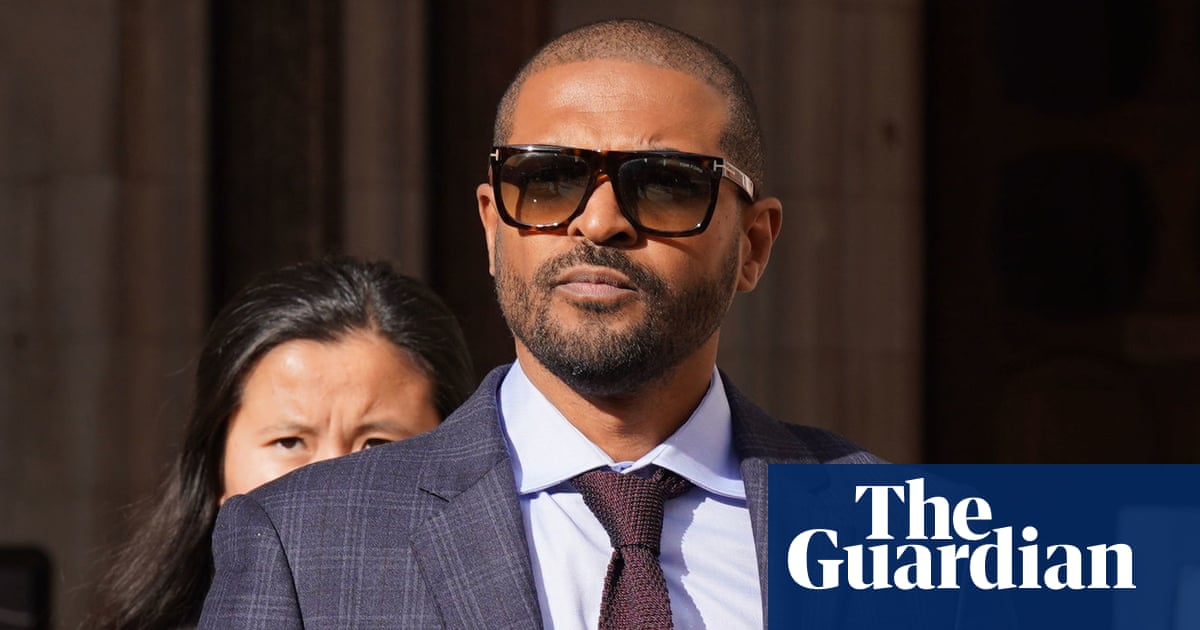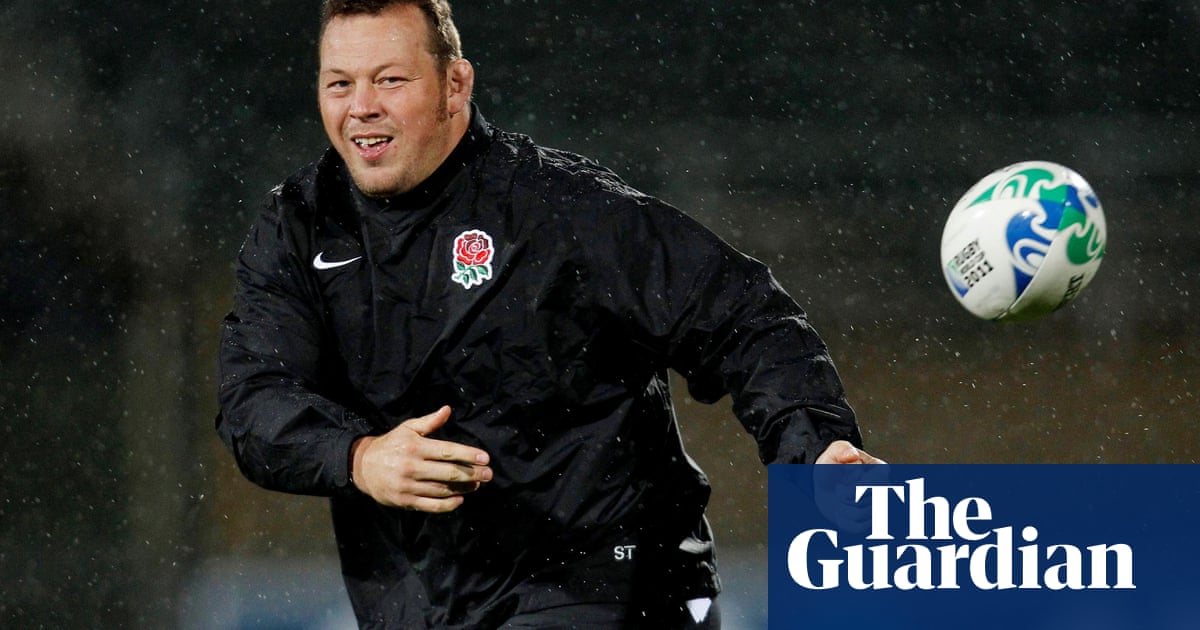
Noel Clarke’s legal action against the Guardian has suffered a setback after a high court judge rejected his lawyers’ arguments on the meaning of eight articles that he says unfairly defamed him.
Clarke, an actor and producer best known for his Kidulthood film trilogy, is suing the Guardian over articles published in 2021 and 2022 following an investigation by its journalists into allegations of misconduct against him.
The first article reported allegations from 20 women, including complaints of unwanted touching or groping, sexually inappropriate behaviour and comments on set, and taking and sharing sexually explicit pictures and videos without consent.
Subsequent articles reported that a further 10 individuals had made additional allegations.
Clarke had argued that the meaning of the articles was that he was definitely guilty of the allegations. However, at a preliminary hearing a judge rejected that and said a reasonable reader would interpret most of them as meaning there were “strong grounds to believe” he was guilty, a less serious meaning for legal purposes.
Clarke says his media career has collapsed as a result of the allegations, which he denies. After the publication of the report, Bafta suspended a lifetime achievement award that it had given him the previous week, and ITV declined to broadcast the final episode of the thriller Viewpoint, in which Clarke was starring.
The purpose of the hearing, which took place last Thursday, was for a judge to rule on the meaning of the statements complained of made in the Guardian’s articles.
As summarised by Mr Justice Johnson in Wednesday’s judgment: “The central issue is the degree of the defamatory sting of each of the articles and, in particular, whether they bear the meaning that the claimant is guilty of the conduct alleged, or some lesser meaning such as that there are merely grounds to suspect that he is guilty”.
Meaning hearings can have a significant impact on a case, because if a claimant successfully persuades a judge the articles had a higher meaning, it can change the way the parties will approach the trial proper.
Clarke argued that the meaning of the Guardian articles was that he was guilty. His barrister, Adam Speker KC, argued that simply including Clarke’s denials did not reduce the seriousness of the meaning, and that the denials had been included in a dismissive manner intended to suggest they should be disregarded.
The judge rejected those submissions and said the Guardian’s reporting of Clarke’s denials had been “clear and conscientious”.
“Each of the first seven articles make it clear that the claimant denies the allegations that are made,” he ruled. “The reports of the denials are not tucked away in small print at the end of the article” and were instead detailed and had been “given prominence”.
Johnson ruled that in seven of the articles the meaning was one of “strong grounds to believe that the claimant is guilty of the conduct alleged”. He said an eighth article, reporting on a police decision not to investigate the reports one year later, meant only that there were “grounds to investigate”.
Clarke will now need to amend his statement of claim to reflect the judge’s ruling, while the Guardian will file its defence. A full trial of the facts of the case is likely to be heard next year.
At the hearing last Thursday, Speker had suggested it was “frankly very surprising” the Guardian had opposed Clarke’s arguments on meaning, alleging it did not “have the confidence in their own journalism”.
Gavin Millar KC, counsel for the Guardian, dismissed that suggestion. “The Guardian doesn’t lack any confidence in its ability to establish a truth defence in this case, whatever the meaning is,” he replied.
In a statement, Clarke said: “I have always disputed the content of the eight Guardian articles and I am satisfied that the high court has now found that all eight articles issued by the defendant were defamatory in law. I look forward to now receiving the Guardian’s defence and progressing my claim for defamation in the high court next year.”
A Guardian spokesperson said: “We welcome this judgment on meaning. The Guardian’s investigation was deeply reported and researched, and we intend to defend our journalism robustly.”












